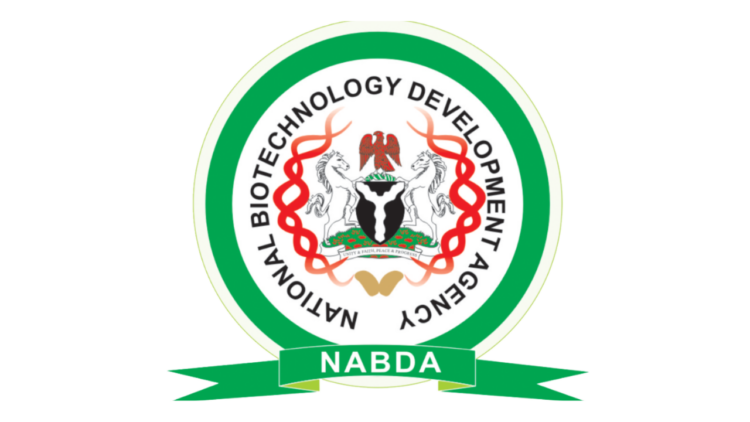The Nigerian Federal Government and other countries in Africa have taken steps to revolutionize agriculture and boost the continent’s potential for industrial development and global competitiveness through Genome-Editing technology.
Nigeria’s National Biotechnology Development Agency (NABDA) and the African Union Development Agency (AUDA-NEPAD) took the initiative to improve agricultural productivity through Genome-Editing technology that will make African products competitive on the global stage and foster industrialization.
This was the crux of a two-day workshop for Chief Executives and Experts in Research and academic Institutions on “Advancing Genome Editing (GEd) research in Nigeria organized by AUDA-NEPAD Centre of Excellence in Science, Technology and Innovation (CoE STI) in collaboration with NABDA, which ended in Abuja last Thursday.
Genome-editing is a form of genetic engineering that addresses specific research areas in agriculture to produce better yielding seedlings for farmers to grow, which may reduce the time to maturity and raise the volume of productivity.
Minister of Science Technology and Innovation (STI) Adeleke Mamora, who declared the workshop open, said in his speech that Nigeria recognizes the efforts towards fostering a broader understanding of the GEd in Africa and is proud to associate with these lofty objectives. He noted that this initiative will undoubtedly enhance the uptake of the tool to optimize agriculture as well as support the achievement of key development outcomes, such as adaptation to climate change, reducing poverty and enhancing economic sustainability.
The Minister, who was represented by the Permanent Secretary of the Ministry, Mrs Monilola Udoh, commended NABDA, the lead agency in Nigeria for biotechnology and by extension, genome editing, for piloting the project and inventing sustainable solution through well- focused research and development in priority areas of agriculture, health, industry and environment for national development.
He said, “Genome -editing technology has the potential to revitalize agricultural productivity, promote food security and a sustainable environment in Nigeria. As a country, Nigeria supports the full uptake and optimization of the laudable programme. A significant benefit of this cutting-edge technology is that it can be seamlessly applied to existing variety of research and development programmes.
“In addition, Nigeria’s extant biosafety guidelines are robust and explicit on genome-edited products, providing the necessary regulatory environment for the introduction and adoption of genome -editing tools for the innovation of products and services for the teaming Nigerian populace.”
The Director General of NABDA, Prof Abdullahi Mustapha, in his remarks expressed delight at the level of engagement of AUDA- NEPAD on STI development in Nigeria, adding that the choice of NABDA as a focal point for this initiative is most appropriate as the agency has the National Mandate for promotion, research, development and adoption of biotechnology in different sectors of the economy.
The “NABDA Act of 2022 empowers us for this role. NABDA is therefore poised to lead the genome-editing programme that is being championed by AUDA-NEPAD,” he said, adding that the initiative will power innovation in the continent and promote its drive towards global competitiveness.
Acting Director of Programme, Knowledge Management, Evaluation and Head of Centers of Excellence of AUDA-NEPAD, Florence Nazare, while fielding questions with reporters, urged for more investment in the research and development component of the project to push industrialization.
She said “If you are talking about industrialization, we need to have more resources for industrialization so that we can innovate. So, this project will be sustainable when it comes to the financing model and we urge governments to put more resources in their domestic budgets, “she said, adding that resource mobilization is important in the industrialization drive of the continent through Genome-Editing technology.
This initiative is apt especially at this time that the world is waiting for Nigeria and Africa to change the fortunes of their citizens and harness the agriculture potential for economic development. It is however, pertinent that the continent acknowledges the challenges of funding for the research components of this important technology and invest heavily on this project. This is the only guarantee for success.











